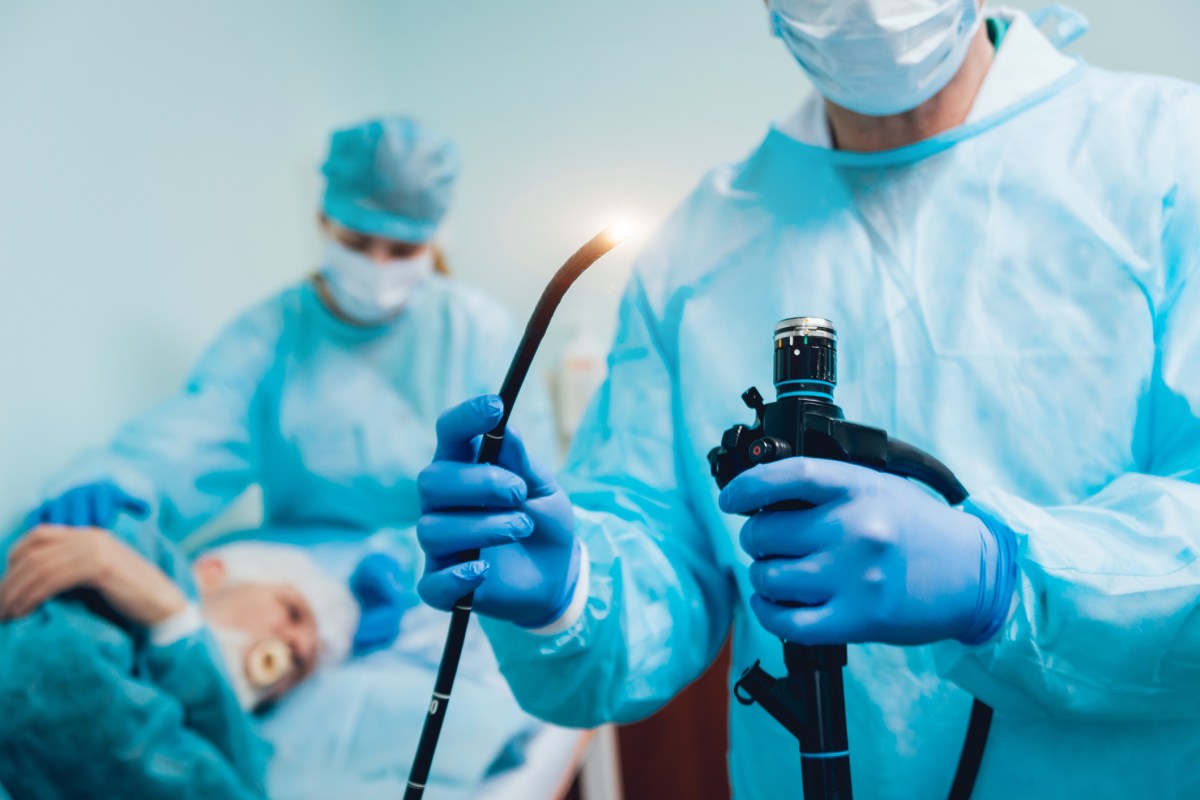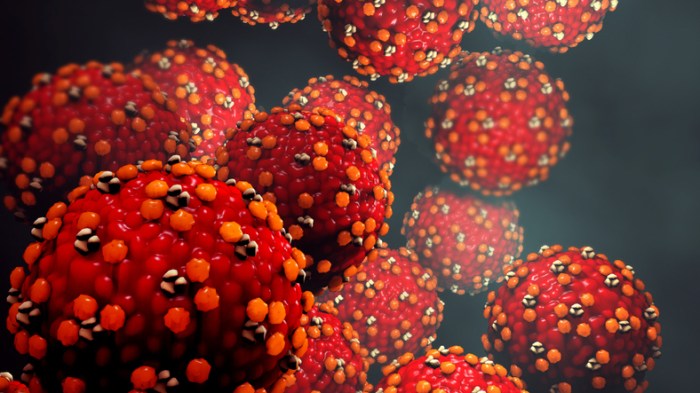Colorectal cancer, according to the U.S. Centers for Disease Control (CDC), is the third leading cause of cancer-related deaths in the nation. It typically occurs when an abnormal growth or tumor called a polyp appears on the colon or large intestine. However, experts say that with a little due diligence, colorectal cancer is also one of the most treatable and curable cancers.
Practicing good colon preventive health necessitates getting screened with a colonoscopy, says Dr. Frank Gress, chief, Division of Gastroenterology and Hepatology and medical director, Center for Interventional Endoscopy. A colonoscopy utilizes a small camera to get an in-depth visual of the large intestine and allows for a biopsy or removal of polyps. The American Cancer Society recommends a first colonoscopy at age 45 for people of average risk.
When colon polyps are identified and removed, doctors have the opportunity to prevent cancer from developing. “If no polyps are found, patients do not have to come back for 10 years,” says Dr. Gress. If polyps are discovered, they will be asked to come back sooner for surveillance.
Other means of detecting colorectal cancer include stool tests, which search for blood in the feces, and blood tests. “If either of these tests come back positive, you still have to get the colonoscopy,” notes Dr. Gress.
Early warning signs of colorectal cancer include a change in bowel habits, unexplained abdominal pain, rectal bleeding, and unexplained weight loss. Dr. Gress advises a visit with your primary care physician if you experience any warning signs.
While you can’t control every risk factor, such as your family history, there are proactive measures you can take to reduce your chances of getting colorectal cancer, according to Deborah Nagle, M.D., F.A.C.S., F.A.C.R.S., chief, Division of Colon and Rectal Surgery, Stony Brook Cancer Center. “Diet, weight, alcohol, smoking—all the things that we know are general risk factors for many types of cancer absolutely affect colorectal cancer,” she states. Avoid red meat and processed foods; include fiber in your diet. Exercise to normalize body weight, she suggests.
While research is limited, says Dr. Nagle, vitamin D and calcium, as well as probiotics, may offer some protection. “Keeping bacteria in that healthy balance helps to protect the lining of the colon.”
Treatment of colorectal cancer is evolving and becoming more personalized, says Dr. Nagle. “What that means for cancer is that we can run genetic tests on someone or on a family member to better understand what drugs or treatments might give the best possible outcome.”
Sign up for Long Island Press’ email newsletters here. Sign up for home delivery of Long Island Press here. Sign up for discounts by becoming a Long Island Press community partner here.

































